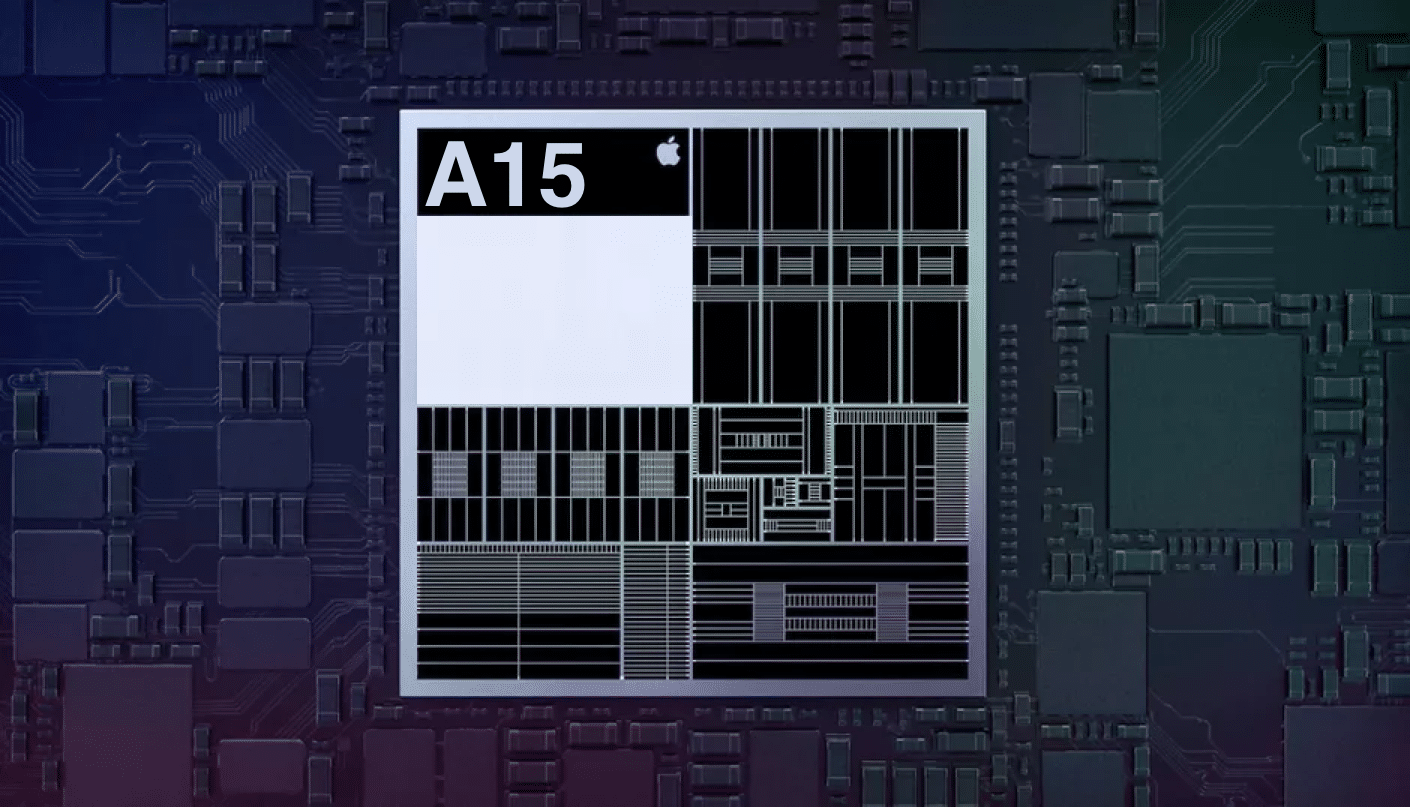
Apple appears to be under-committing and over-delivering with its new A15 Bionic chip in the iPhone 13 and iPad mini 6. A deep-dive analysis of the mobile chip by AnandTech revealed that the mobile processor is on “equal footing” with AMD’s new Ryzen 5 5950X desktop processor.
At the iPhone 13 launch event this year, Apple claimed that the A15 Bionic was “up to 50%” faster than rivals. Turns out that these claims by Apple were pretty modest.
During testing, AnandTech discovered that the A15 is actually 62% faster than its closest competitor. It remarked that the A15’s four performance-oriented CPU cores were “extremely impressive.”
Moreover, the testing revealed that the processor cores retained remarkable power efficiency metrics when being pushed to the hilt. It is noteworthy that “usually increases in performance always come with some sort of deficit in efficiency or at least flat efficiency.” However, the report emphasized that Apple managed to reduce power consumption whilst increasing performance, translating to the A15 Bionic’s 17% higher efficiency than the A14.
In certain cases, the A15 was found to outperform Apple’s M1 chip for Macs and equal to AMD’s Ryzen 5 5950X desktop processor. In summary, the A15 exhibits 30 % faster CPU performance than the A14.
GPU Performance Found to Be Exceptional as Well
The GPU tests carried out on the iPhone 13 Pro revealed that the A15 Bionic was 14% faster than last year’s A14 chip, although the A15 has four GPU cores as opposed to its predecessor’s five cores. Despite that, AnandTech noted that “the peak performance here is essentially double that of the nearest competitor, so Apple is likely low-balling things again.”
No Android phone is even remotely near the iPhone 13 in terms of GPU performance. Even the best available ZTE Axon 30 Ultra is only half as powerful as the iPhone. In fact, the iPhone 11 is still faster than any Android device in many cases, the report added.
In conclusion, the report added, “Overall, while the A15 isn’t the brute force iteration we’ve become used to from Apple in recent years, it very much comes with substantial generational gains that allow it to be a notably better SoC than the A14.”
It appears that Qualcomm and Samsung’s next processor has a lot of catching up to do. What do you think of performance benchmarks and real-world performance? Are numbers indicative of noticeably higher performance?
